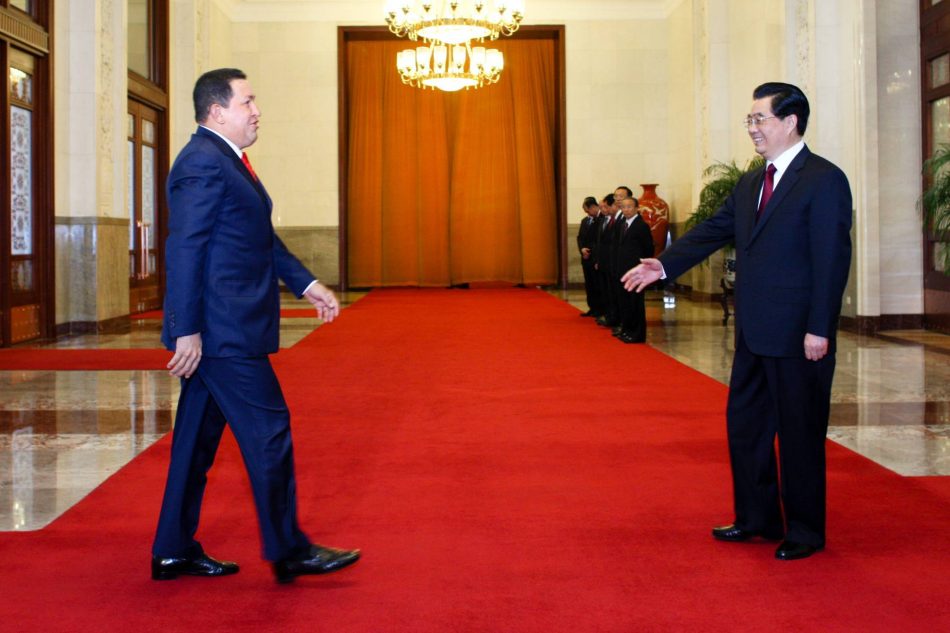
In an earlier column titled “Why do we vote as we do?” I borrowed from the research of social scientists
Christopher Aachen and Larry Bartels to overview the prospective and retrospective theories of voter behavior. A partial answer to the question of why we vote as we do is that we do not vote prospectively, on the basis of political ideology; we vote retrospectively based on our approval or disapproval of the performance of political leaders or parties.
A related question is the role of political parties in our voting behavior. Here, again borrowing from the research of professors Aachen and Bartels, I seek to explore how political parties influence our voting. Professors Aachen and Bartels argue that “even the most informed voters typically make choices not on the basis of policy preferences or ideology, but on the basis of who they are – their social identities.”
A central tenant of democratic theory is that democracy is a methodology to aggregate our individually developed preferences into a collective choice. Then, as voters, we maximize our political satisfaction by voting for the party ideologically closer to us. However, voting scholars challenge the notion that individual preferences can be coherently aggregated since the political belief systems of most voters is a complex mixture of liberal and conservative views. “For most ordinary citizens, ideology is -at best- a byproduct of more basic partisan and group policies. Americans are much more resolute in their identification with party than they are in their identification with ideology.”
Our present-day understanding of “identity” is that people are embedded in groups that are meaningful to them. Thus, for American voters political identity is more a question of party identification than of political ideology. Party identities are an emotional attachment that transcends thinking, and our party loyalties shape our issue positions and not the other way around. In short, most voters identify with a political party, and this party identification shapes their voting behavior. As scholars put it, our partisanship is both a form, and a product of social identity.
To put it differently: Do people vote Republican because they are conservative on the role of government, or are they conservative on the role of government because they are Republican? Do people vote for Democratic candidates because they favor government regulations, or do they favor government regulations because they are Democrats?
It appears that we tend to choose our party affiliations based more on who we are -our social identity- than on what we think. We adopt political beliefs, attitudes and values that reinforce and rationalize our partisan loyalties. For most of us, partisanship is more a judgement of where “people like me” belong than a reflection of political ideology. Then, if the primary source of our partisan loyalties is our social identity, when voters take partisan positions they do so with little ideological commitment. Still, partisan loyalty is a powerful influencer of political behavior in modern democracies.
Aachen and Bartels note that partisan loyalties are only modestly correlated with our policy preferences and do not necessarily represent a voter’s agreement on issues or ideology. Political parties represent their constituencies on a different level; on a pledge of representing “people like us.”
Voters do not reexamine their fundamental political beliefs every election cycle, and at election time voters choose a party or candidate that validates their social and political identity. “A party constructs a conceptual viewpoint by which voters can make sense of the political world…That framework identifies friends and enemies, it supplies talking points, and tells people how to think and what to believe.”
If Aachen and Bartels are correct, their thesis on the construction of our political beliefs has serious implications for democratic theory and practice. Among them is a challenge to our core belief that voters should be represented, not just governed, and that citizens should actively engage in the thoughtful monitoring of their government. Government should derive its powers not just from our consent, but also from our political judgement. This construct falls apart if we vote primarily for politicians that match our identity.
 Versión Español
Versión Español













